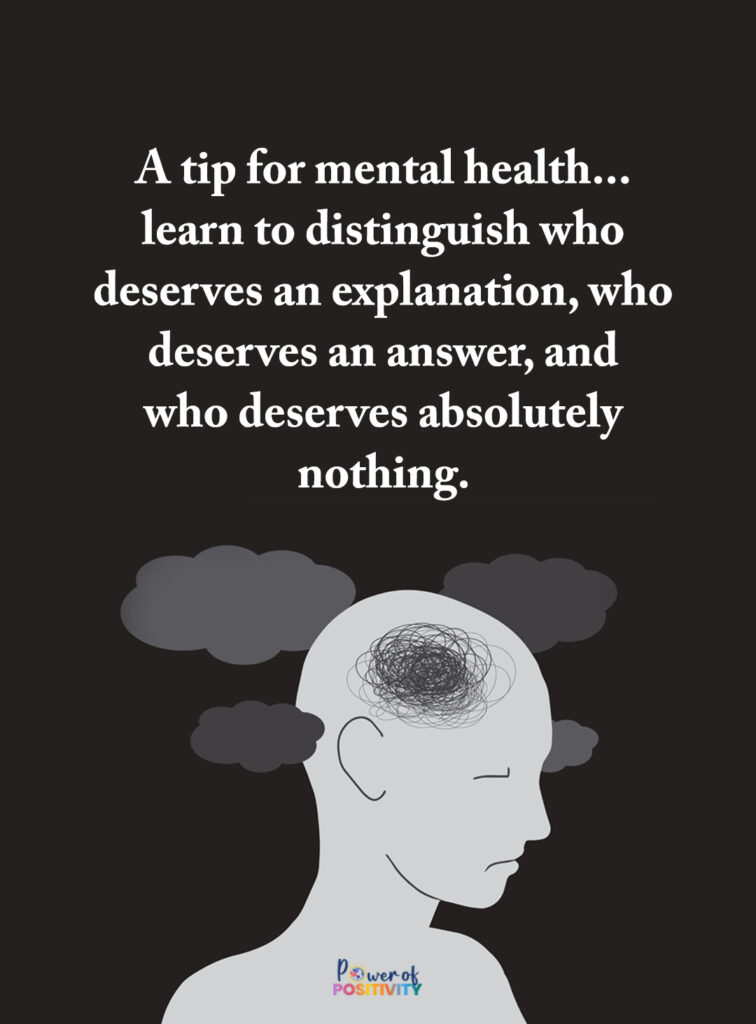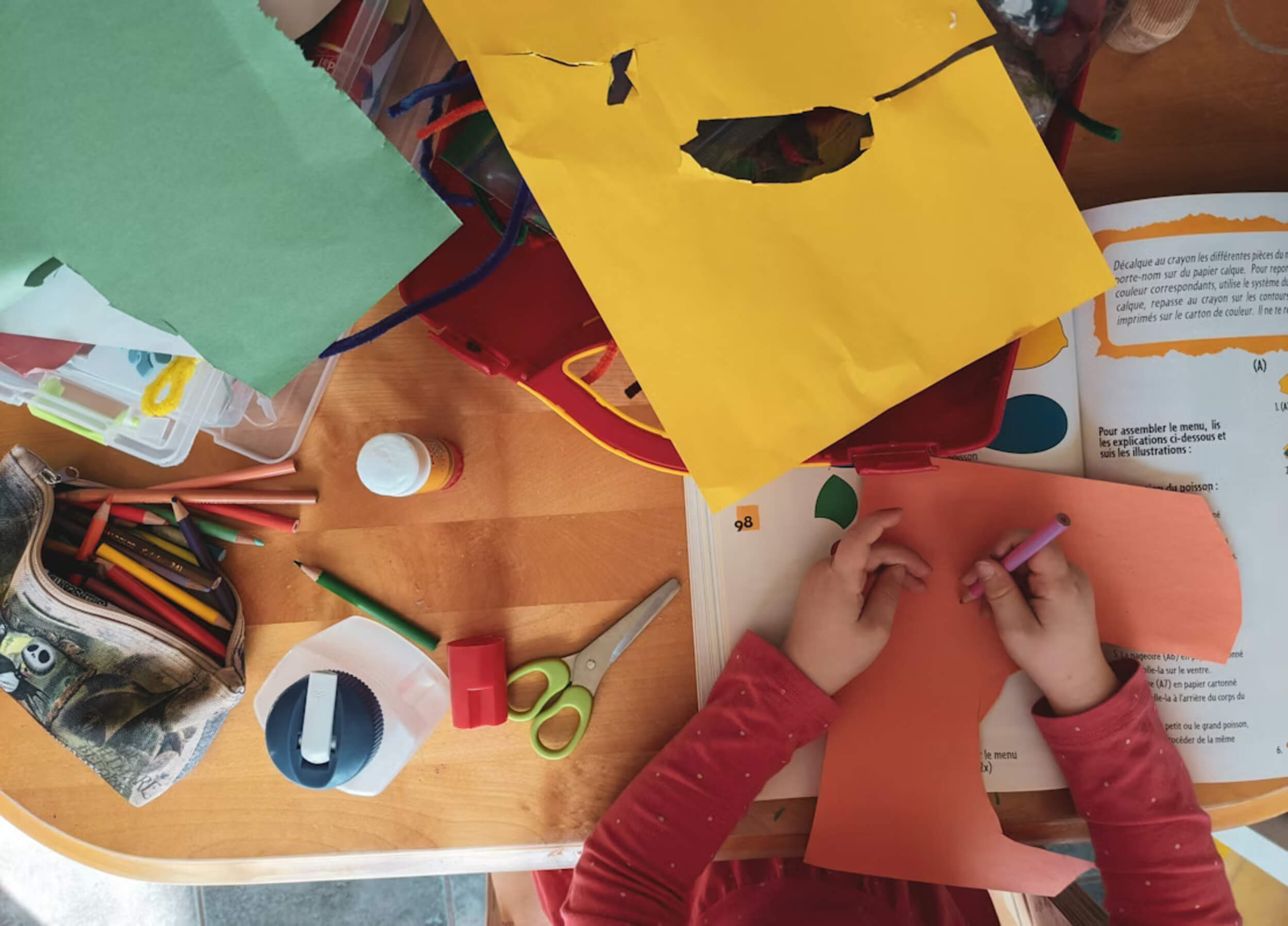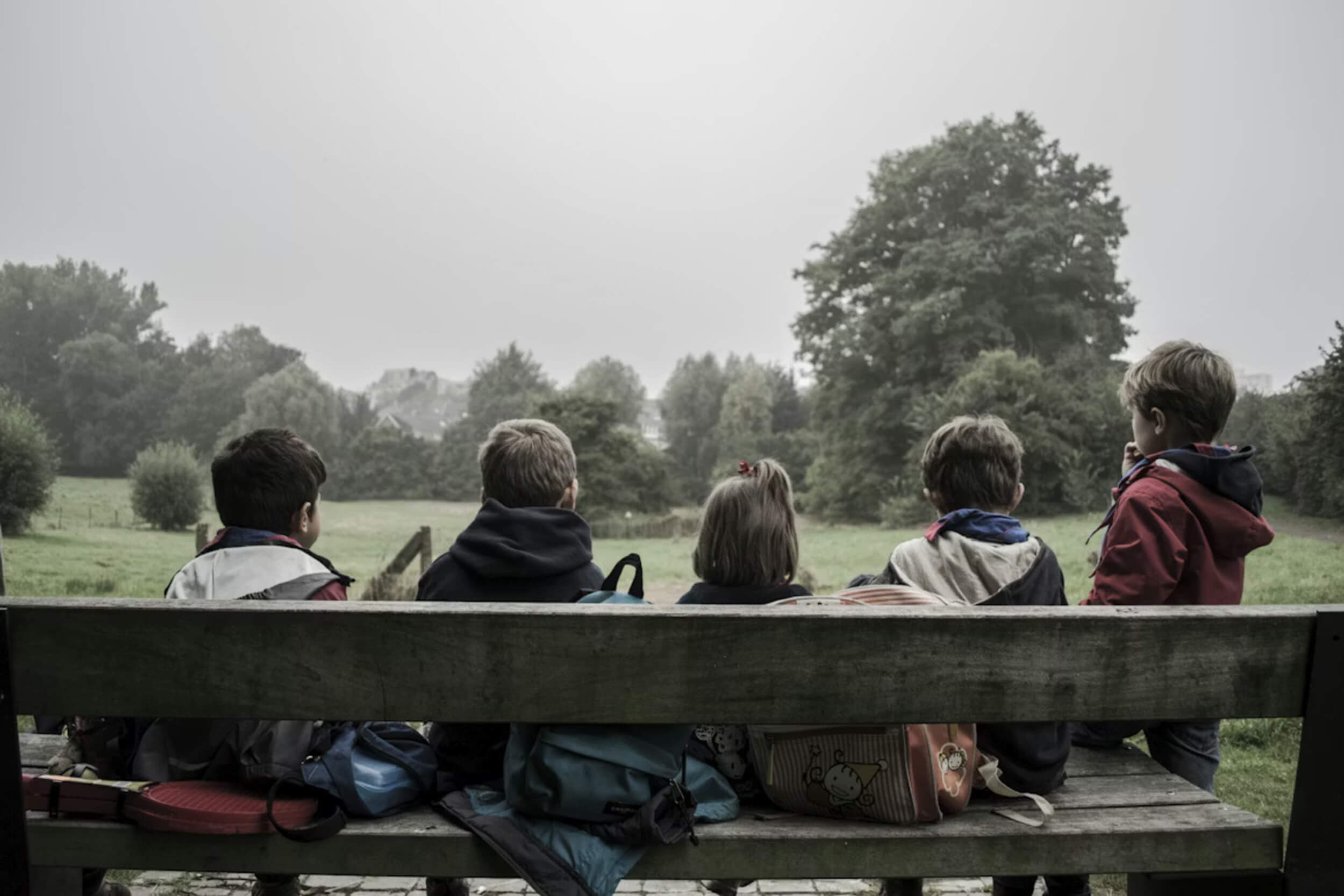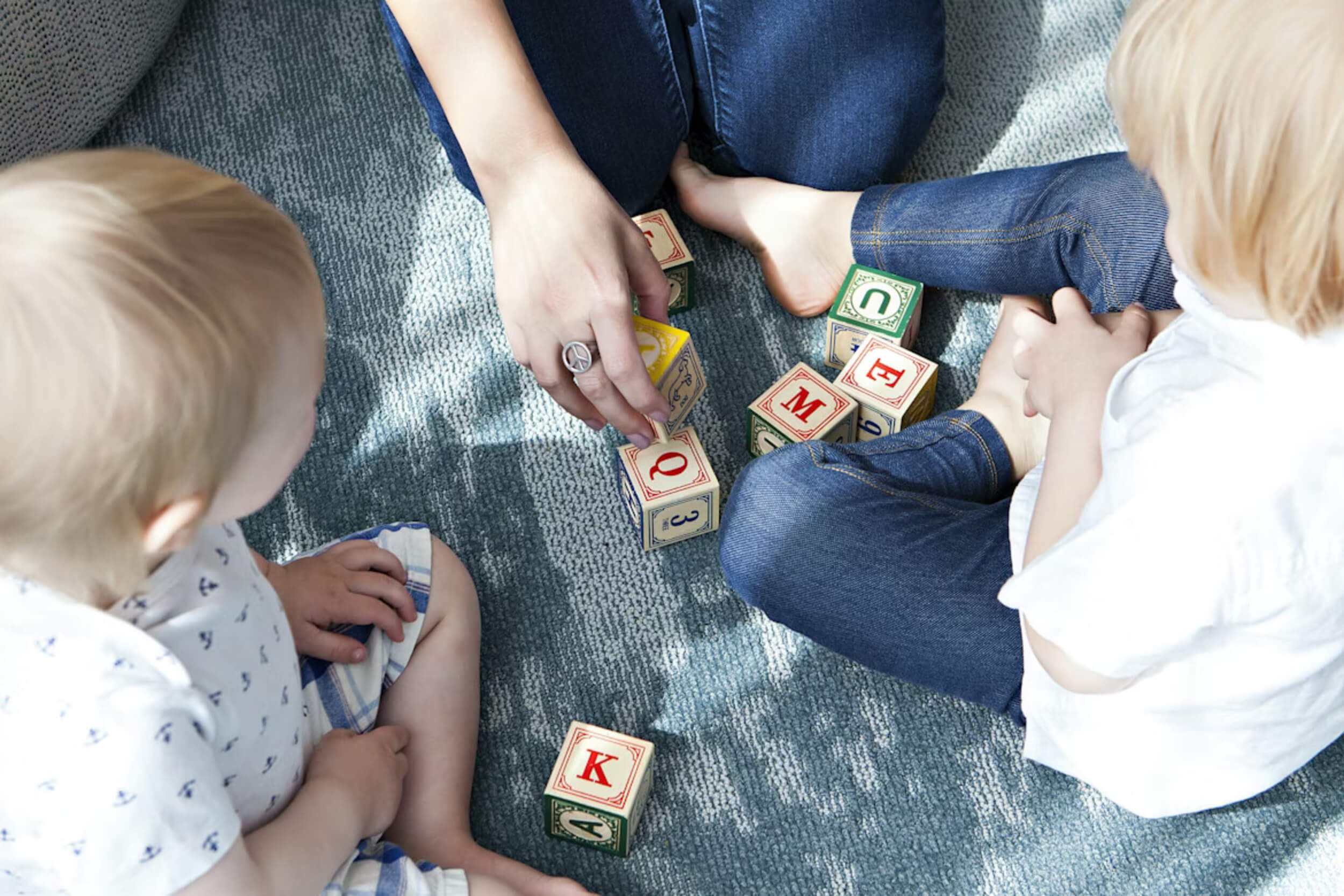Something has been changing quietly, right under our noses. It’s not loud or dramatic—but it’s shaping how we talk, how we spend our time, and even how we show love. That something is technology.
These days, we check our phones more than we check in with the people around us. A message feels easier than a call. A heart emoji takes the place of real words. Slowly, the way we connect with others has started to look very different from just a few years ago.
This isn’t about blaming tech. It’s about paying attention. Because how technology is quietly reshaping our everyday habits is more personal than we think—and it’s changing the way we live and love in ways we don’t always notice until it’s already happening.
Convenience Has Replaced Intimacy
Getting things done has never been faster. We can order food, book a ride, or send a message in seconds. While this speed helps with daily tasks, it’s also changing how we connect with people—often without us noticing.
Here are signs that how technology is quietly reshaping closeness in our lives:
- We text instead of talk, even when someone’s just a room away.
- A thumbs-up or emoji now replaces a full reply.
- Video calls are chosen over real visits, even when possible.
- Thoughtful acts like handwritten letters or surprise visits are now rare.
These shortcuts save time, but they also remove effort—and effort is what often makes relationships feel real. What once felt warm and thoughtful now feels rushed or routine.
How technology is quietly reshaping love and friendship isn’t always loud or obvious. But when habits change, the way we feel about each other shifts too. We gain speed, but sometimes lose the depth that made connection special.
The Era of “Always On” Living
Every ping, buzz, or alert pulls our attention. It’s easy to check one message, then fall into checking five more. While staying connected sounds good, it often means we’re only half-present with the people right in front of us.
Here are everyday signs of what’s happening:
- You’re having dinner with someone, but both of you are scrolling.
- A text from work interrupts weekend family time.
- Bedtime becomes screen time, not rest.
- You reply to friends quickly but feel drained doing it.
How technology is quietly reshaping our routines also means it’s reshaping how we show up in our relationships. Being “on” all the time leaves little space for focus or calm.
When the mind is pulled in many directions, emotional presence gets lost. That makes even the best moments feel a little off. True connection doesn’t come from being available—it comes from being there, fully.
Dating Has Been Gamified
Meeting someone new used to happen in person—at work, through friends, or by chance. Now, dating is done mostly on screens. It’s quick, but it also feels different.
Here’s how dating looks when tech takes the lead:
- Swiping has replaced talking to someone naturally.
- Looks come first, while deeper traits come second—or not at all.
- Ghosting is common, since people don’t feel the need to explain.
- Choices feel endless, which makes it harder to commit to one.
Dating apps have made it easier to meet people. But they’ve also turned dating into a kind of game—fast, fun, and sometimes shallow. It’s easy to forget there’s a real person behind each profile.
How technology is quietly reshaping romance isn’t always negative, but it does shift what people expect and how they treat one another. When the focus moves from getting to know someone to just moving on, long-term love can feel harder to find.
Loneliness in a Crowd of Connections
It seems like we’ve never been more connected. We have hundreds of contacts, constant updates, and ways to message anyone at any time. But somehow, many people feel lonelier than ever.
These are common signs that connection isn’t always real:
- You get dozens of likes, but no real conversation.
- Friends send birthday messages, but don’t check in after.
- It’s been months since a real talk, even with people you care about.
- You scroll through updates, but still feel left out.
How technology is quietly reshaping our sense of friendship is subtle. It gives us the feeling of being close, but often without the support that real closeness brings.
Loneliness doesn’t come from being alone—it comes from feeling unseen. And that’s something no amount of messages or followers can fix without effort and care.
The Decline of Shared Moments
Spending time together used to mean doing the same thing—watching TV, eating meals, playing games. Now, people often sit in the same room but are off in their own digital worlds.
These quiet changes are showing up more often:
- Everyone’s watching something different, on their own device.
- Family photos are now selfies stored in private folders.
- Long talks are replaced by quick group chats.
- Shared hobbies are done solo, then posted online later.
When we stop making memories together, we feel less connected—even if we’re near each other every day. Technology has made everything customizable, but it also makes it easy to pull away from group experiences.
Moments that once brought people closer now pass by quietly. And without noticing, the little things that bonded us start to disappear.
Love Languages Are Getting Lost in Translation
Some things don’t come across the same through a screen. A warm hug, quiet quality time, or even someone looking you in the eye—those simple gestures can’t be fully replaced by messages or emojis.
You might notice:
- Texts sound flat, even if the intent was kind.
- People misread tone or meaning, leading to confusion.
- Short replies take the place of deeper talks.
- Feeling appreciated takes more than a double-tap or heart emoji.
This is one way how technology is quietly reshaping how we give and receive love. It makes it easier to talk, but harder to feel heard. The meaning behind the message doesn’t always make it through, and that’s where closeness starts to slip.
Emotional Burnout from Digital Overload
Being online all the time wears people down. You don’t always notice it, but it shows up in how you relate to others.
Here’s what it looks like:
- You scroll through your phone instead of answering messages.
- Deep talks feel like too much effort after a long day online.
- Your mind is full, but your energy for others is low.
- Even when you want to connect, it feels like a task.
One overlooked way how technology is quietly reshaping connection is through mental exhaustion. It’s not that people don’t care—it’s that their attention is already stretched thin. And that emotional tiredness leaves less room for the people they care about most.
The Rise of Long-Distance Emotional Dependency
Technology helps us stay close, even when we’re far apart. That can be a good thing—but sometimes, it creates a habit of leaning too hard on virtual bonds.
These signs are becoming more common:
- Most heart-to-hearts happen over chat, not in person.
- You feel more emotionally tied to someone online than those nearby.
- Plans get canceled, but you still talk through your phone.
- Real-world relationships start to feel less important.
We’re now seeing how technology is quietly reshaping the way we handle distance and closeness. It gives us more ways to stay in touch—but if we’re not careful, it can make real-life connection feel less natural than it used to.
Our Sense of Self Is Now Shared Publicly
These days, who we are often shows up through posts, stories, and photos—not just through what we do or say offline.
You might relate if:
- You pause before sharing something, wondering how it’ll look.
- Moments feel more “real” once they’re posted.
- Relationships are shaped by what others might think.
- Big life updates are planned with social media in mind.
This shift is another example of how technology is quietly reshaping how we see ourselves—and how we show up in relationships. When everything becomes part of an online story, it gets harder to tell where real connection ends and performance begins.
Parenting in a Screen-First Generation
Raising kids today often means trying to win their attention from a screen. Even when families are home together, everyone might be in their own digital bubble.
These habits are showing up more and more:
- A parent talks, but the child is focused on a game.
- Family time includes more scrolling than sharing.
- Kids feel closer to their devices than their caregivers.
- Teaching emotional skills now competes with online content.
This is how technology is quietly reshaping the parent-child bond. It’s not just about screen time—it’s about what screens are slowly replacing: real talks, quiet moments, and daily interactions that build trust. The fix isn’t to remove tech, but to bring back what matters most.
Conclusion – Loving Better in a Tech-Heavy World
Not everything about tech is harmful—and not everything is helpful either. It’s simply a strong tool, one that touches nearly every part of how we live, love, and communicate.
What matters now is noticing how technology is quietly reshaping our relationships. It’s easy to let habits form without thinking, but those habits slowly change how we connect.
We don’t need to toss out our devices. What we need is more care, more intention, and more presence.
When we use tech to support—not replace—what makes relationships meaningful, it becomes part of the solution. Love takes effort, and no app or update can do that part for us.















